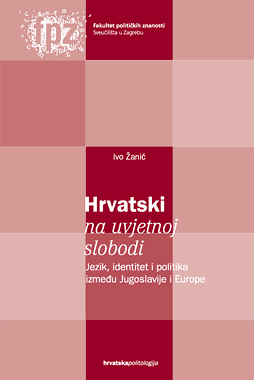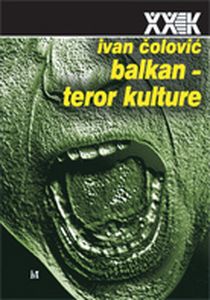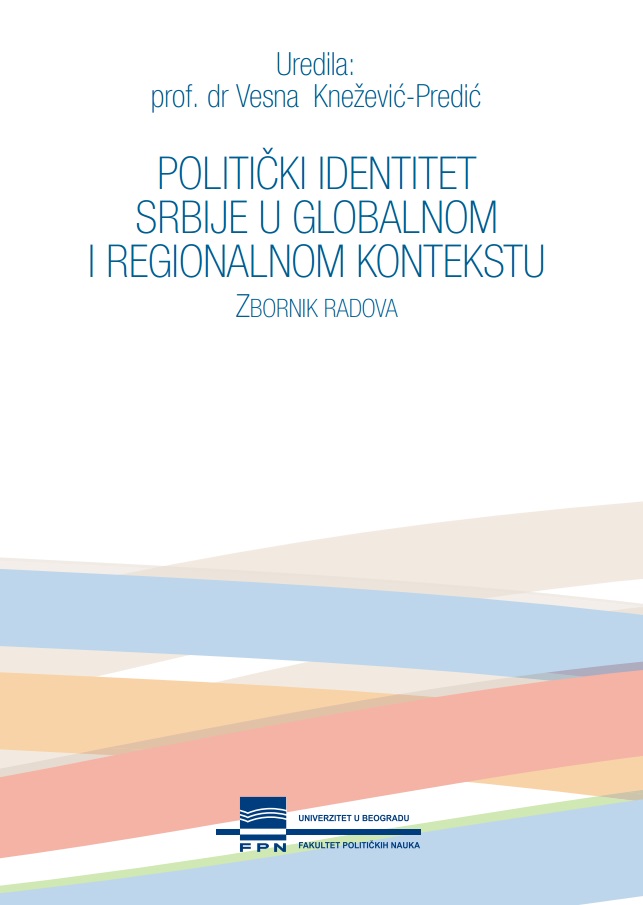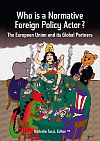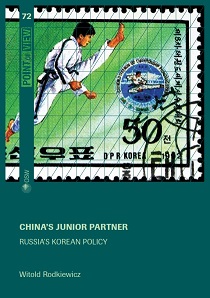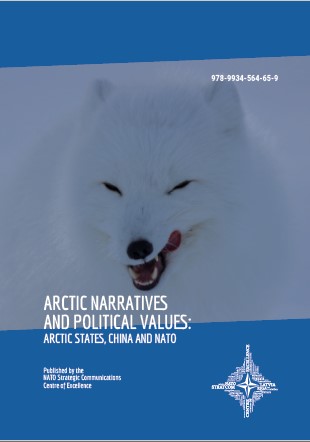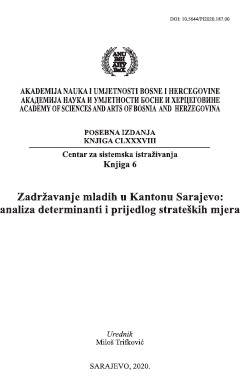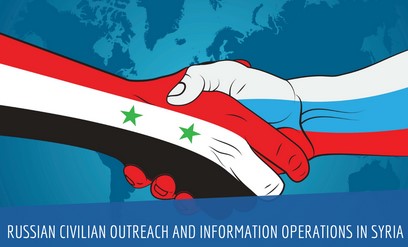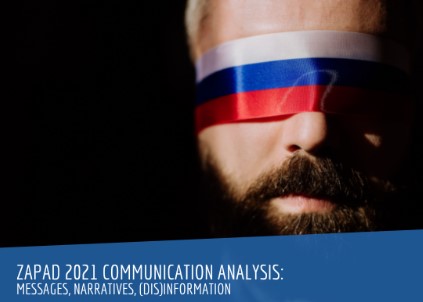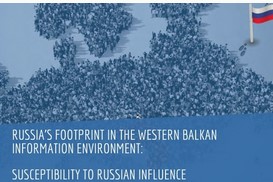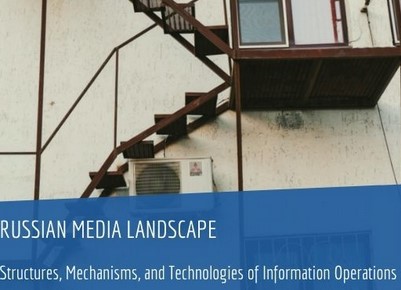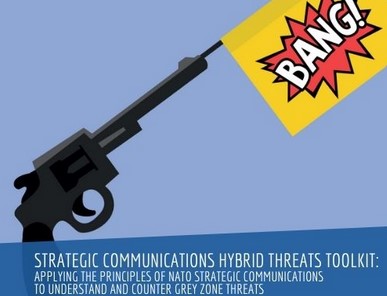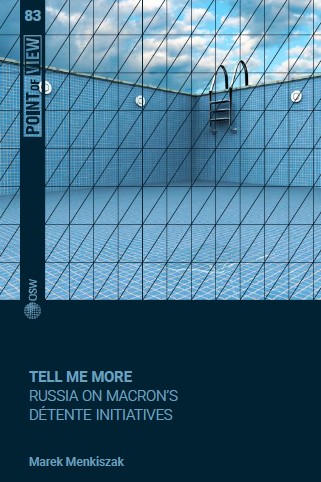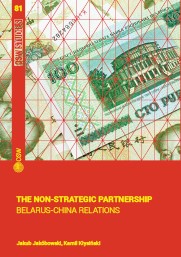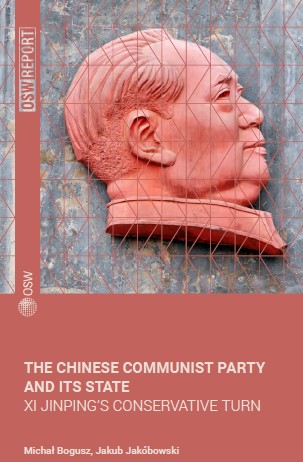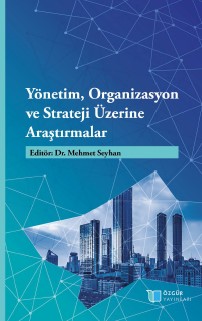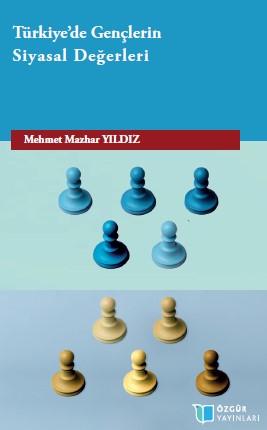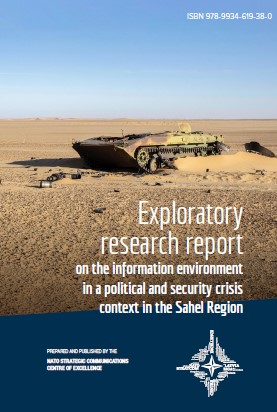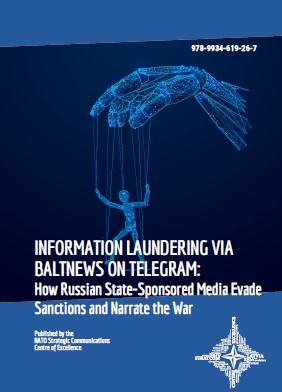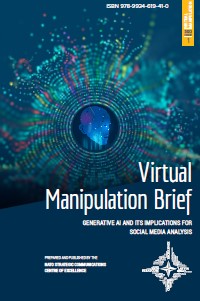Author(s): Muris Čičić,Melika Husić-Mehmedović,Maja Arslanagić-Kalajdžić,Lejla Turulja,Selma Kadić-Maglajlić,Alina Trkulja,Amra Avdagić / Language(s): Bosnian,Croatian,Serbian
Mladi predstavljaju temelj razvoja svakog društva. Međutim, današnja generacija suočava se s višestrukim izazovima. Prema Evropskoj uniji (2018), postoji realan rizik da današnja generacija „mladih“ neće imati mogućnosti i prilike poput svojih roditelja i sve se više suočavaju s nesigurnom budućnošću. Sve to je rezultat tehnoloških promjena, demografskih trendova, diskriminacije, socijalne isključenosti, lažnih vijesti i populizma, a efekti ovih trendova na radna mjesta, vještine ili način na koji funkcionira demokratija još su nedovoljno istraženi. Nezaposlenost mladih je u porastu širom Evrope, posebno u manje razvijenim zemljama. Nivo nezaposlenosti danas treba promatrati u kontekstu: i) povećane fleksibilnosti tržišta rada koja mladima otežava osiguranje stabilnog zaposlenja, ii) širenja visokog obrazovanja, koje je slabo usklađeno s promjenjivom strukturom vještina koje zahtijevaju poslodavci, iii) migracijom mladih, koja je obimnija, selektivnija i raznolika, kao i iv) nasljeđima porodične radne povijesti koji stvaraju nove oblike polarizacije za mlađe generacije (O’Reilly et al., 2015). Istovremeno, mladi su jedna od najdinamičnijih društvenih grupa koja pokazuje veću sklonost promjeni prebivališta, poslova i odnosa u poređenju s drugim dobnim skupinama. Odluke o migraciji uglavnom su povezane s godinama, i to na način da se vjerovatnost migracije smanjuje kako ljudi stare (Van Dalen & Henkens, 2013). Kao posljedica toga, migracije mladih su danas u porastu, i to posebno u zemljama u razvoju, gdje migracije predstavljaju strategiju za unapređenje životnih šansi i izbora (Heckert, 2015).
More...
